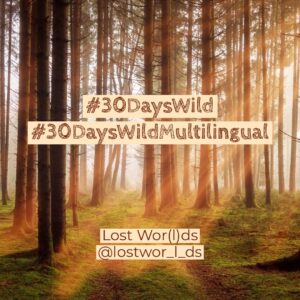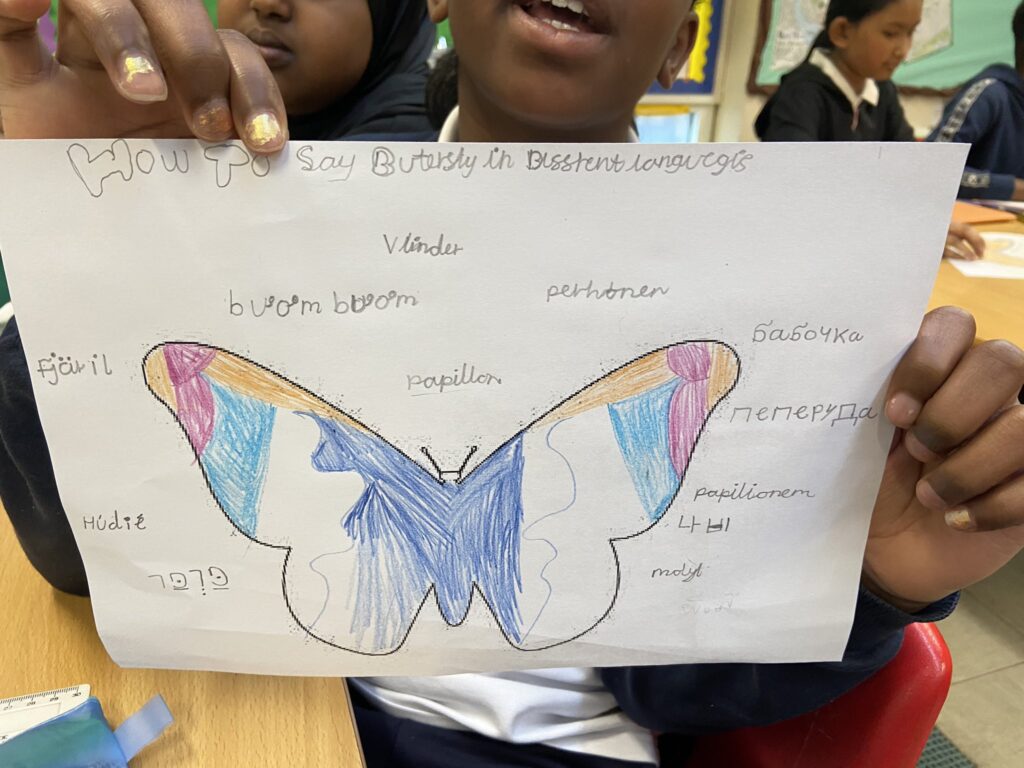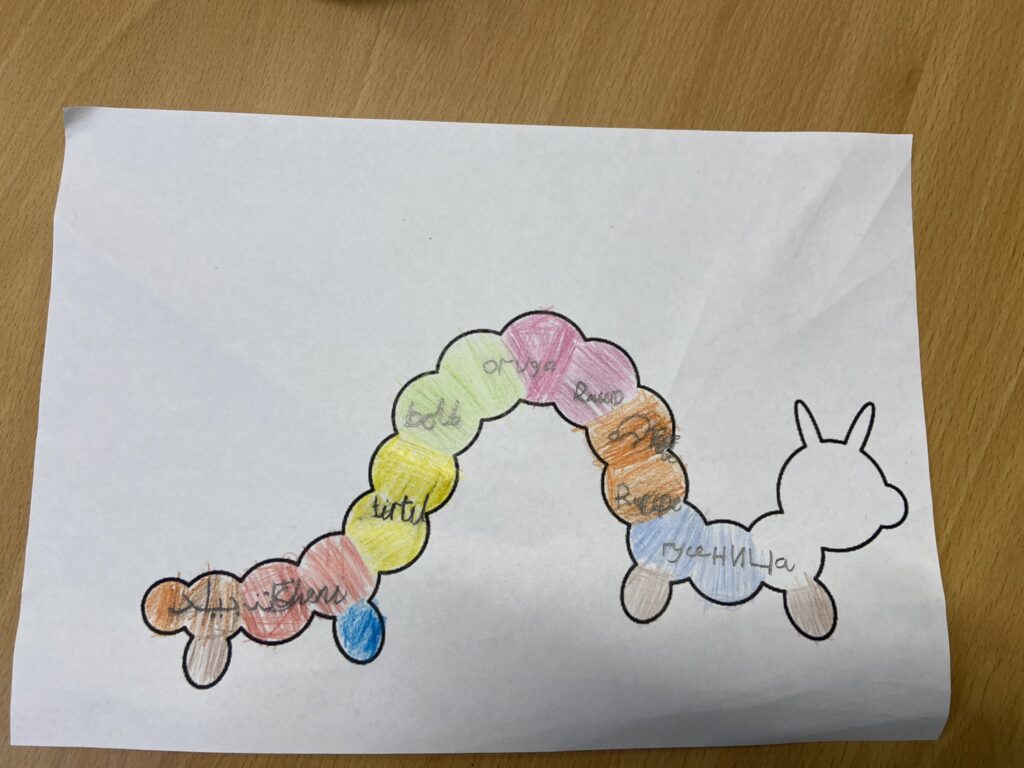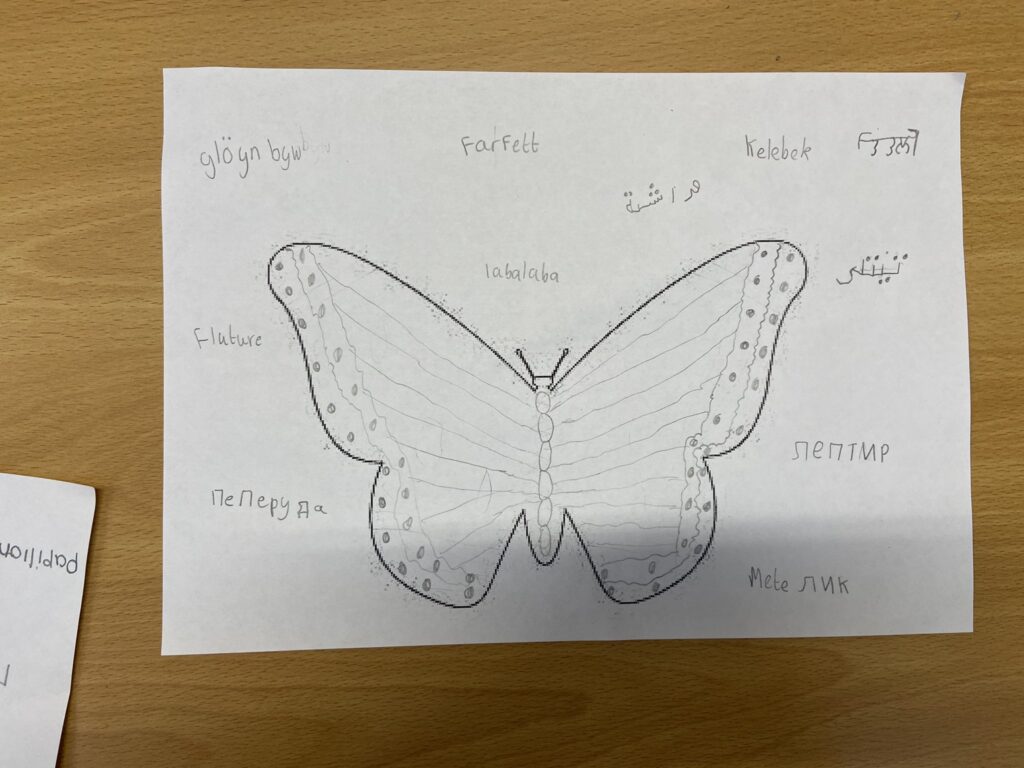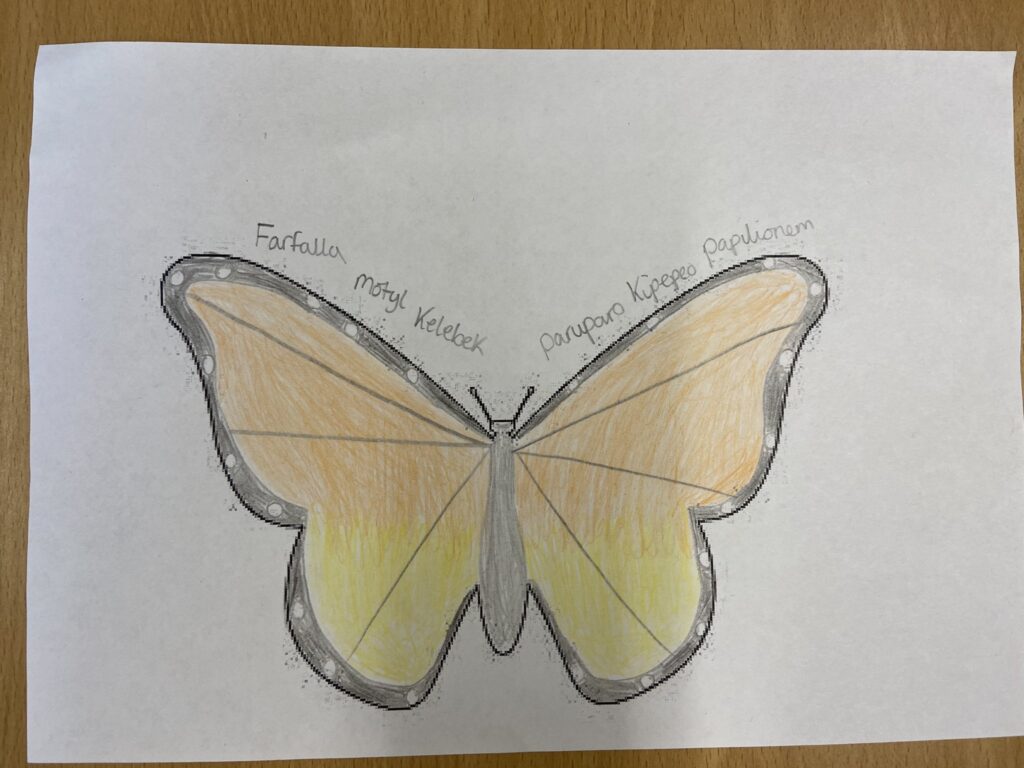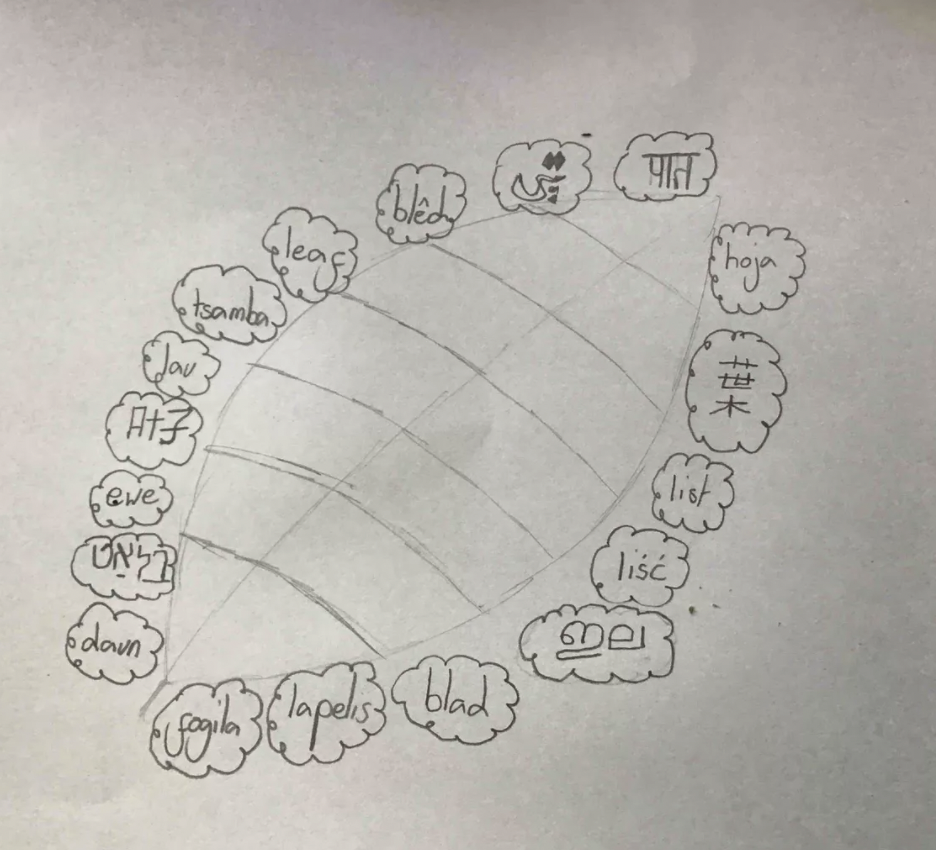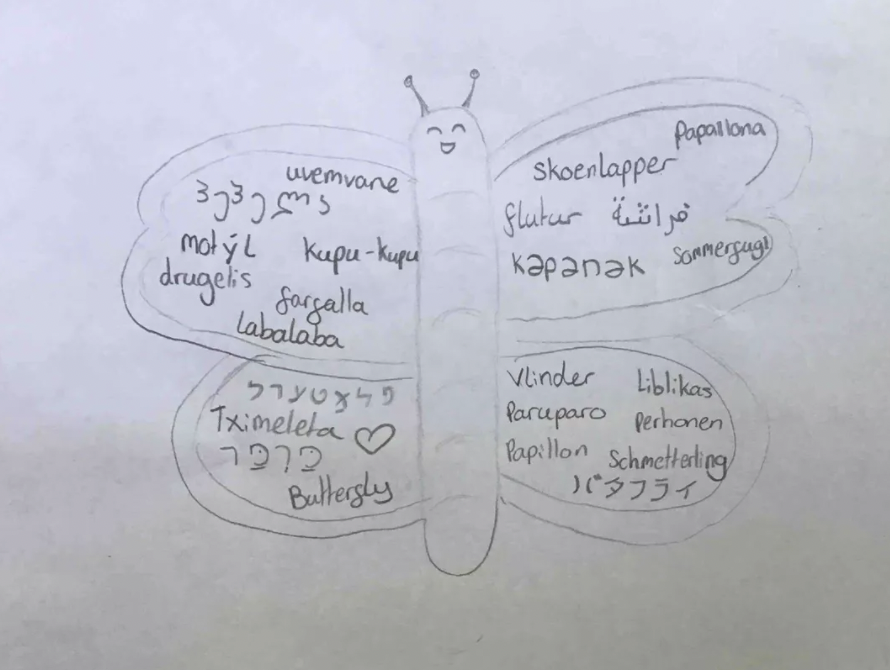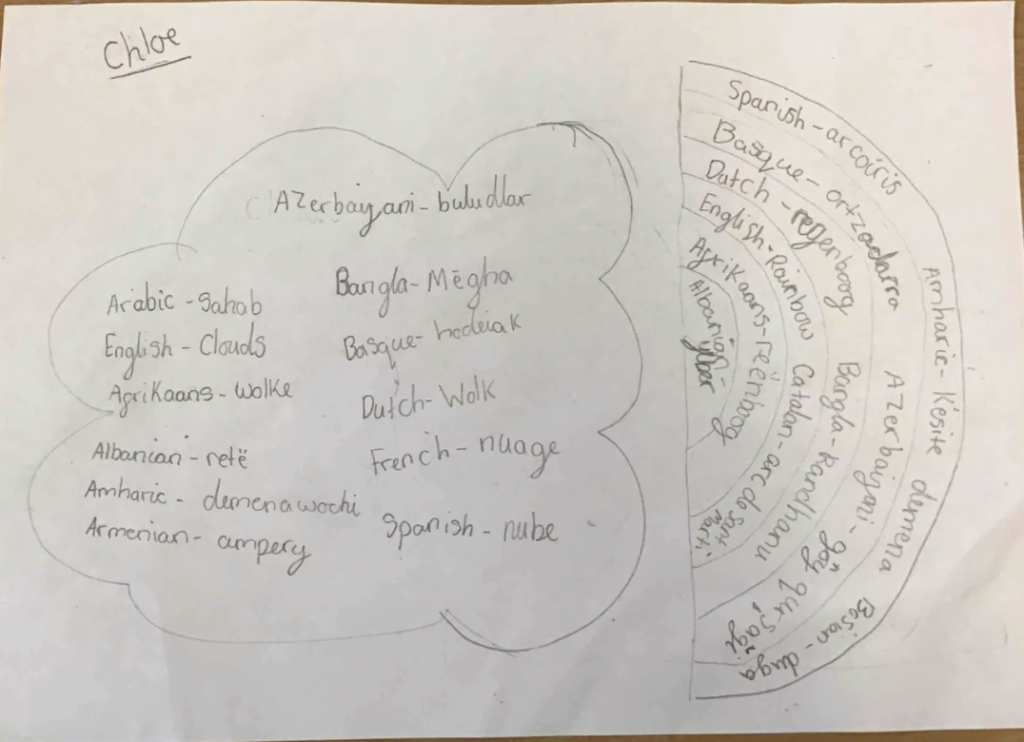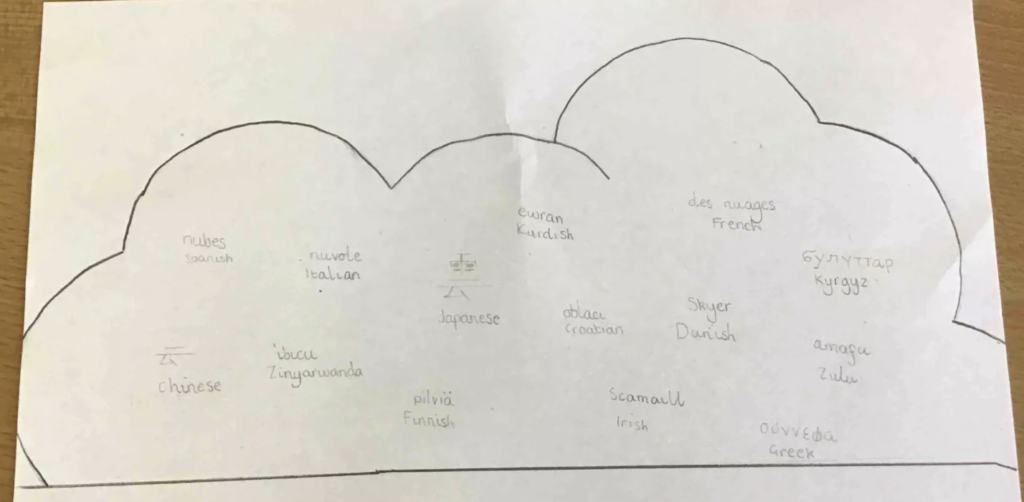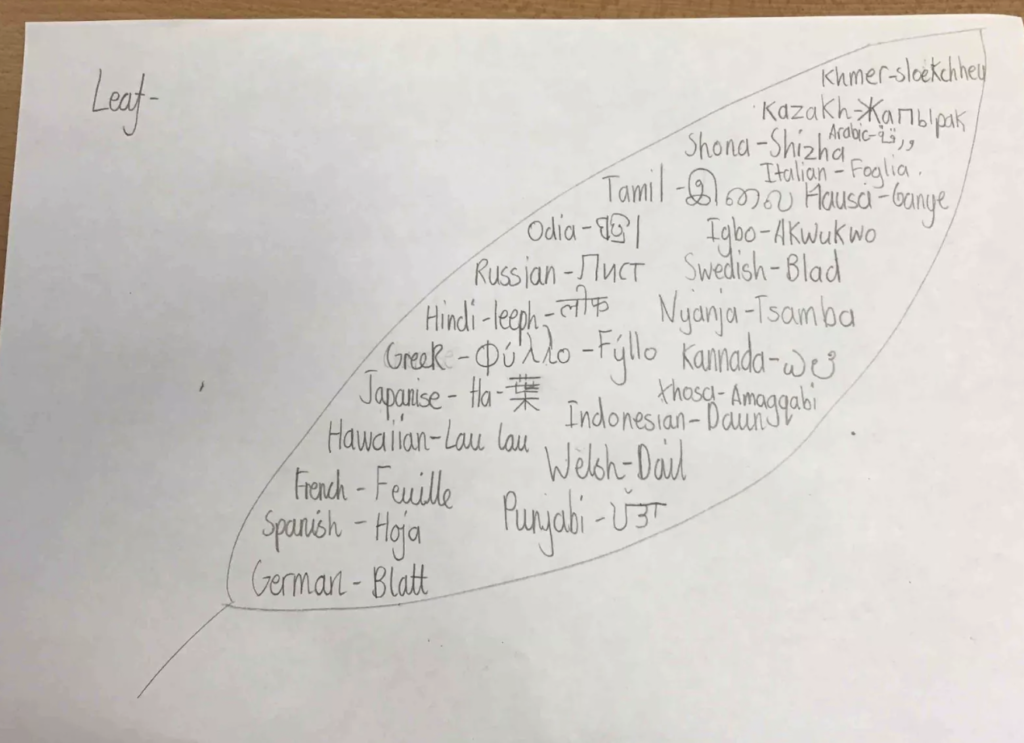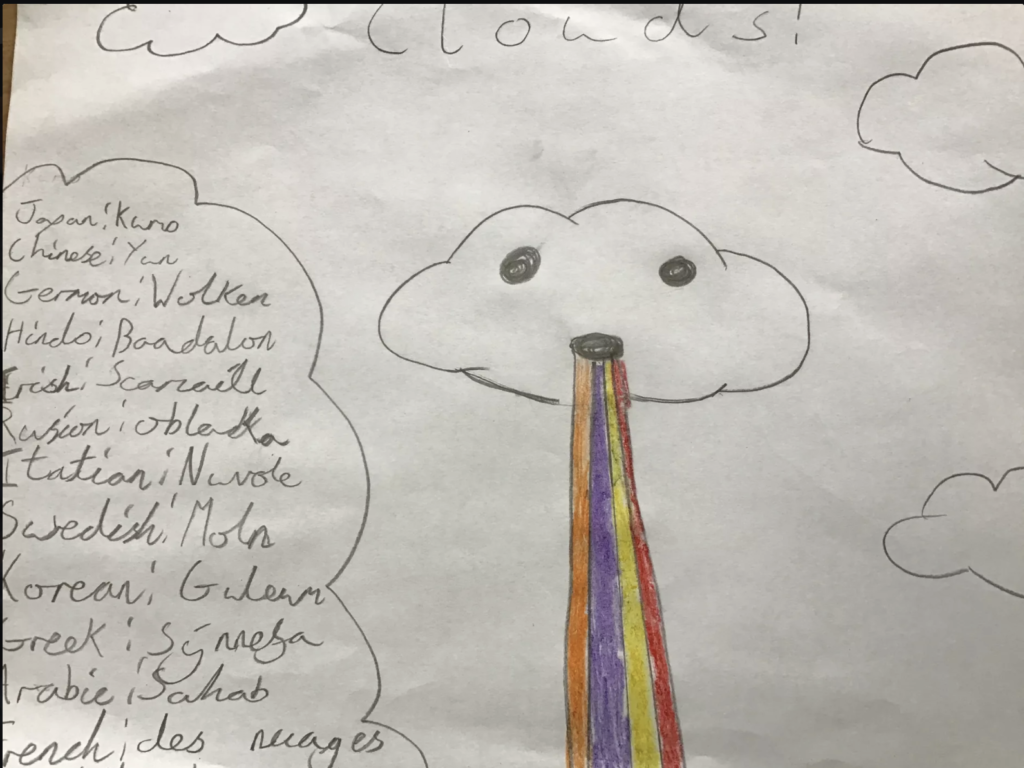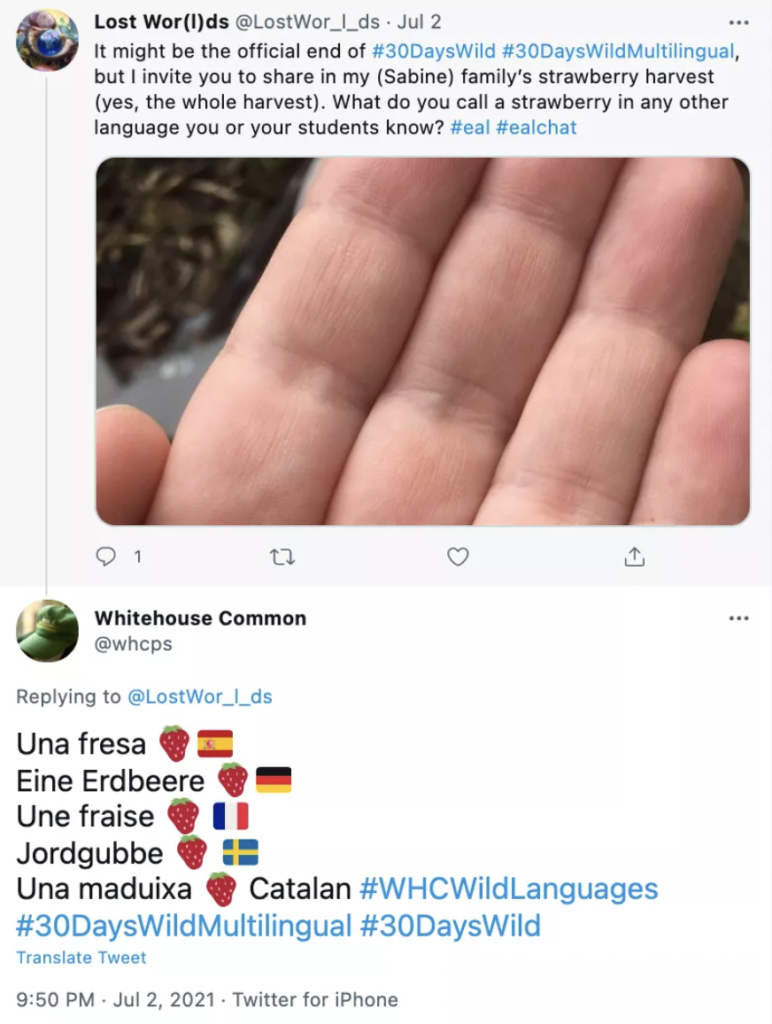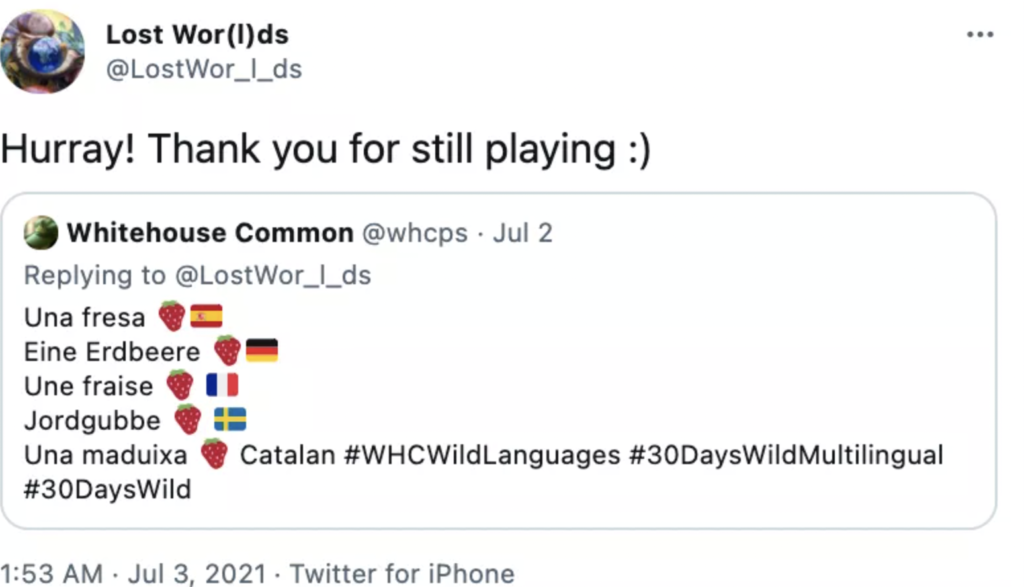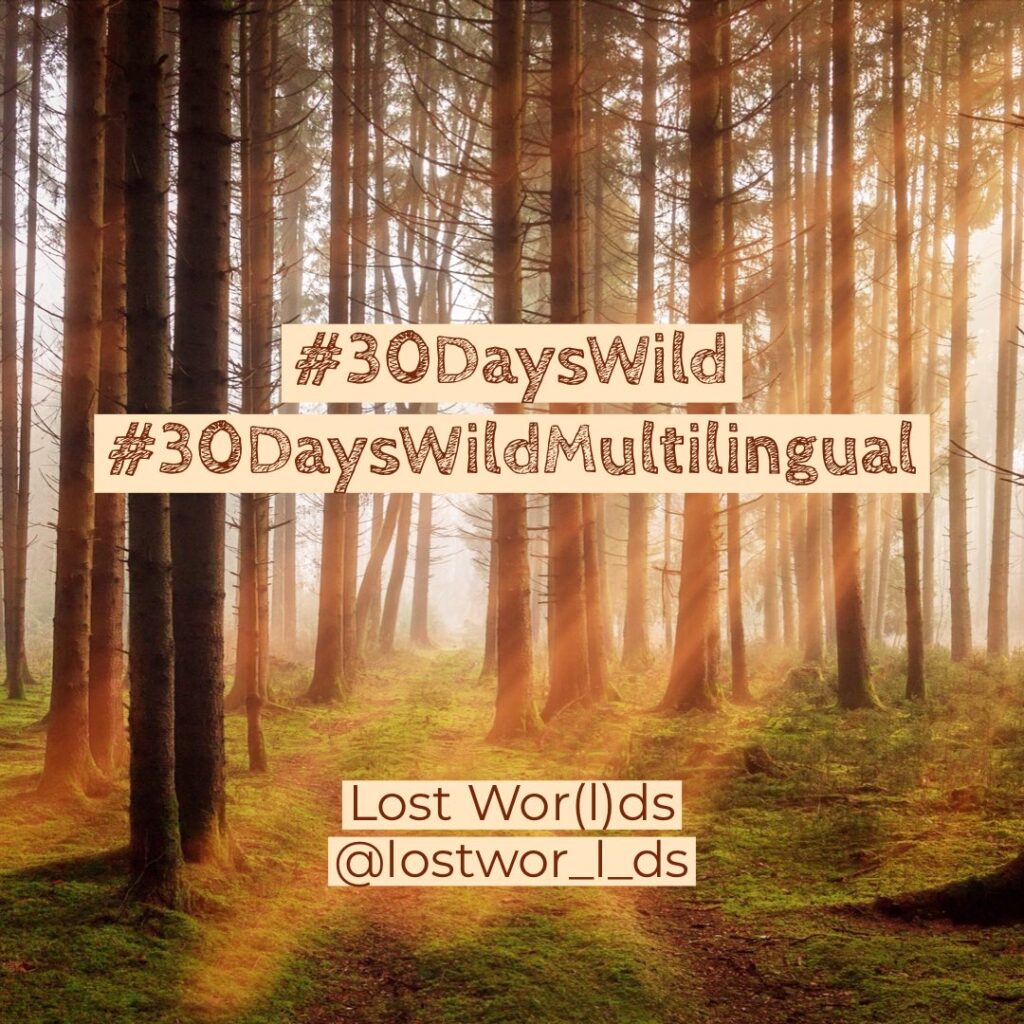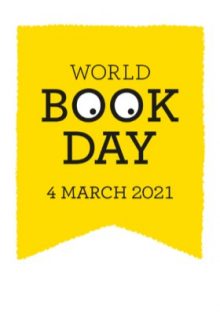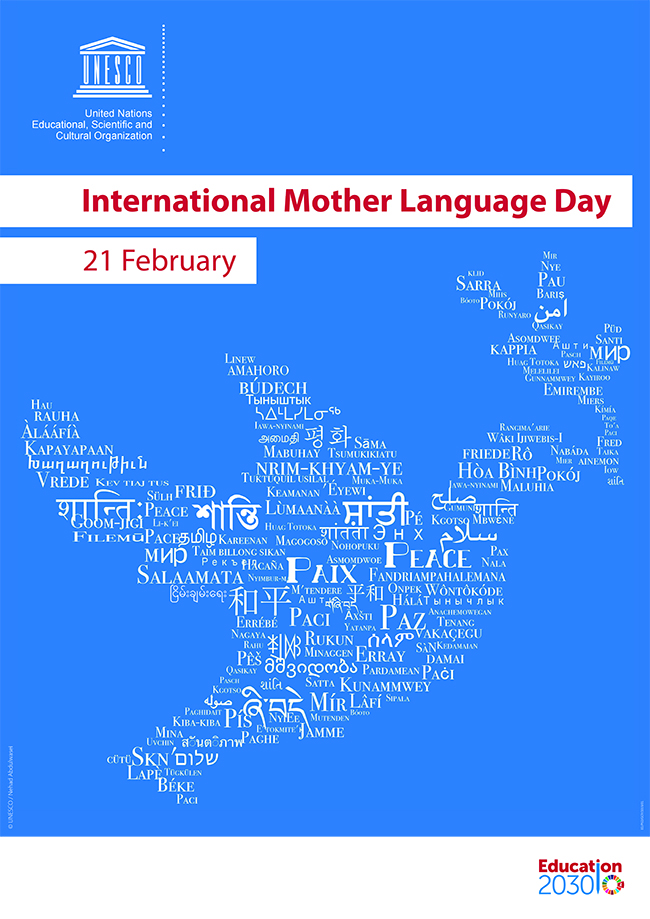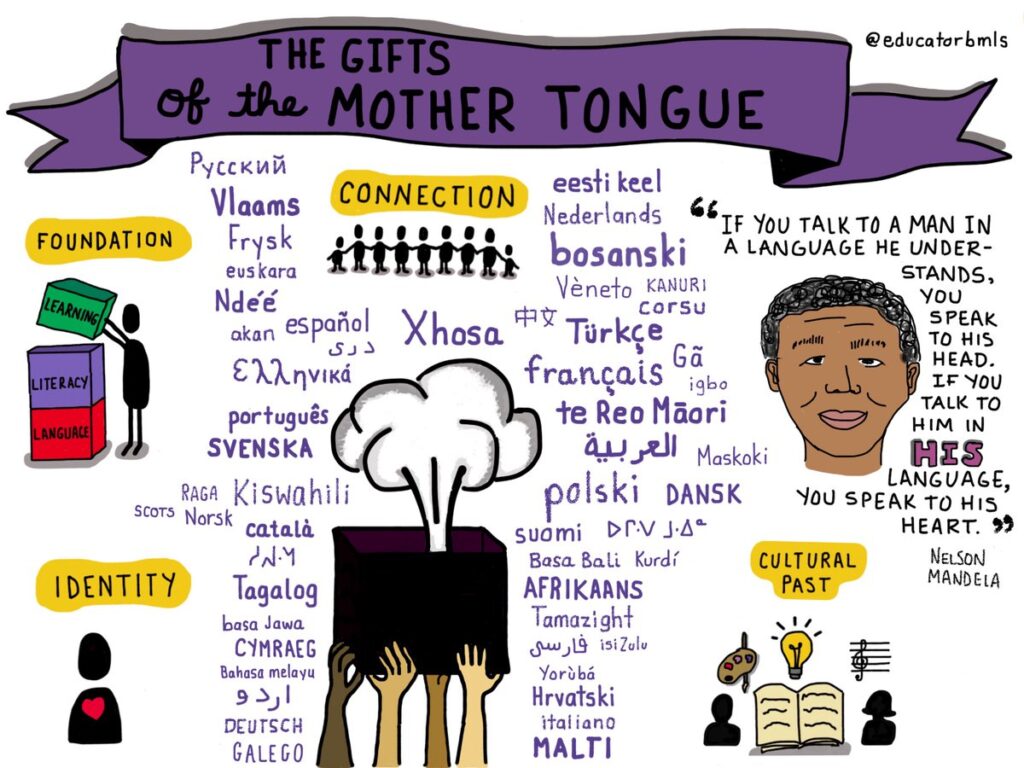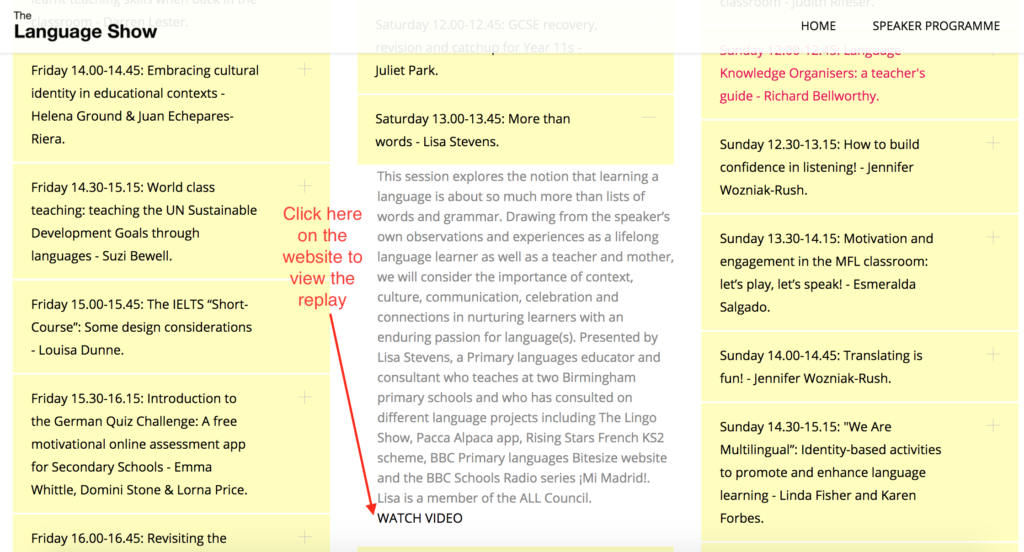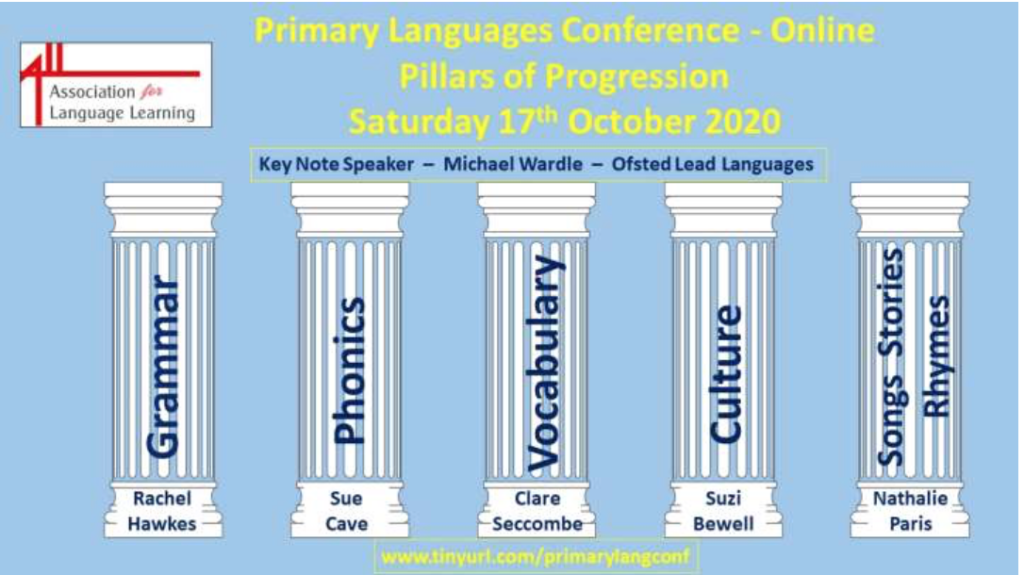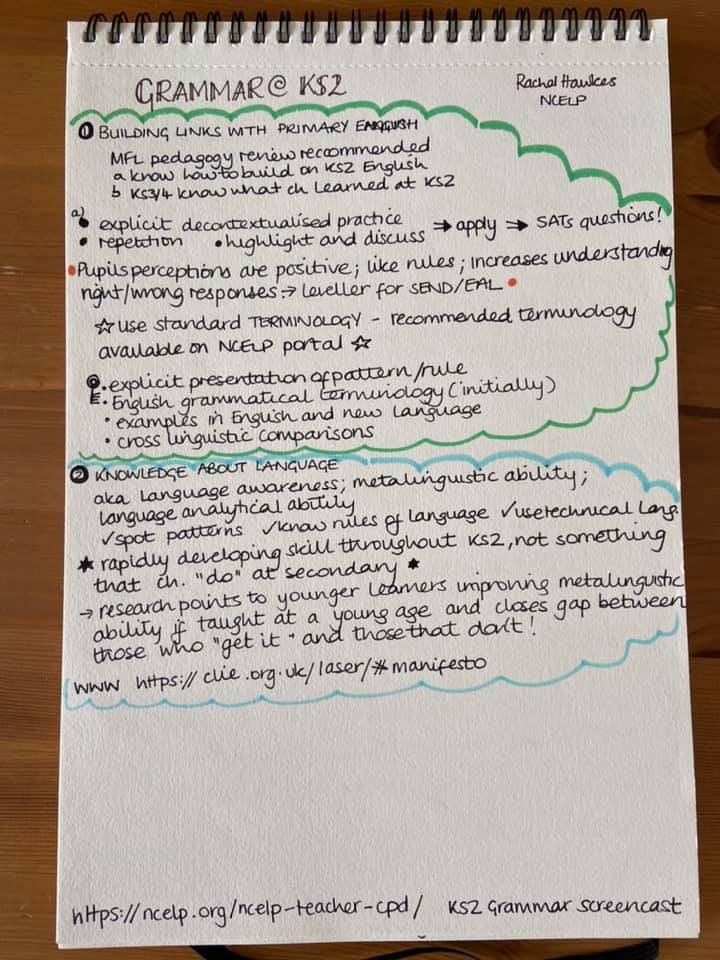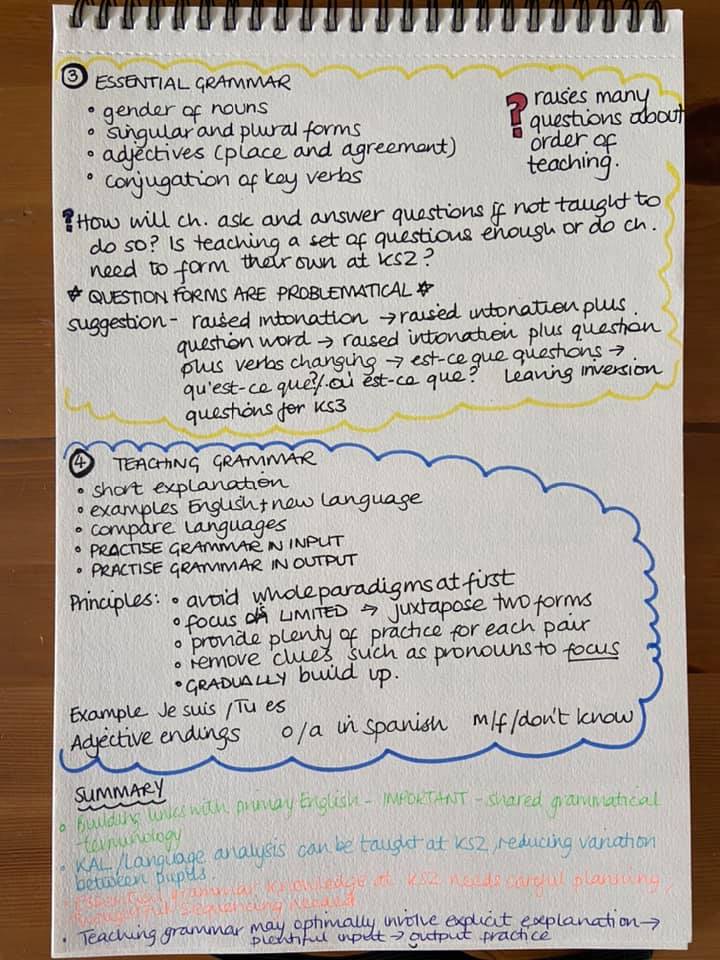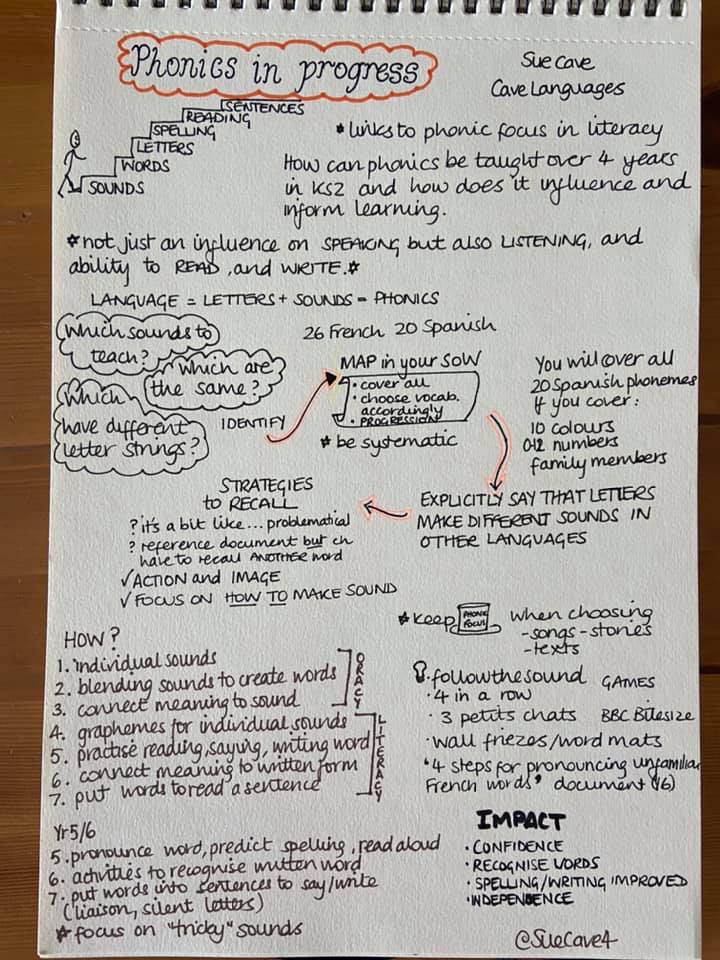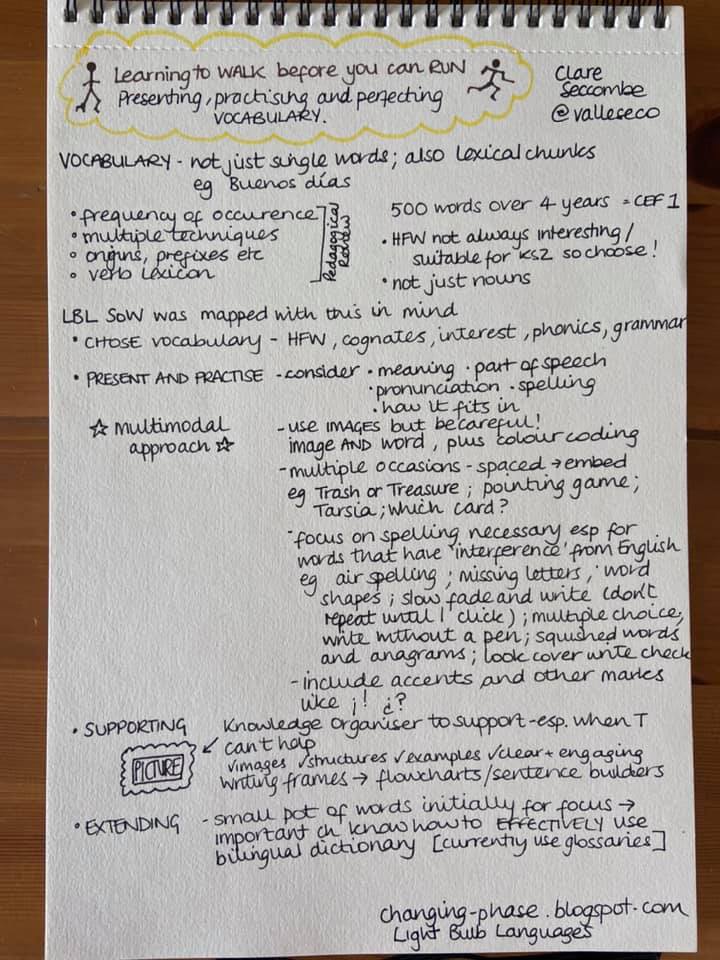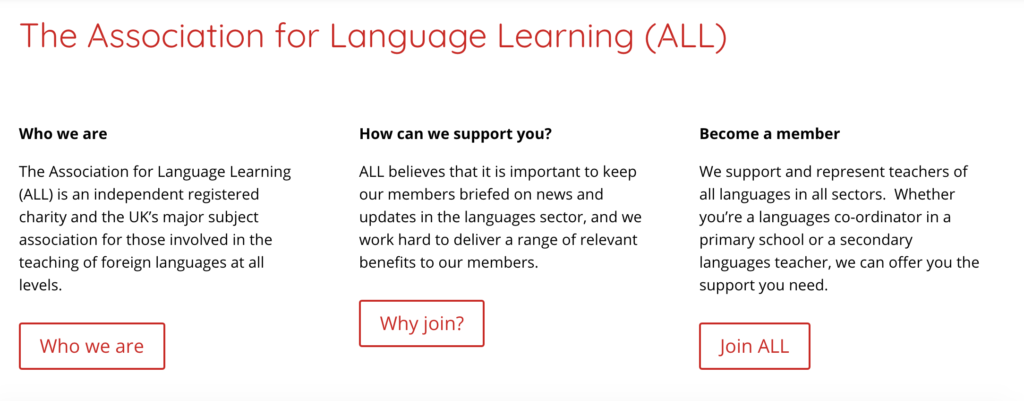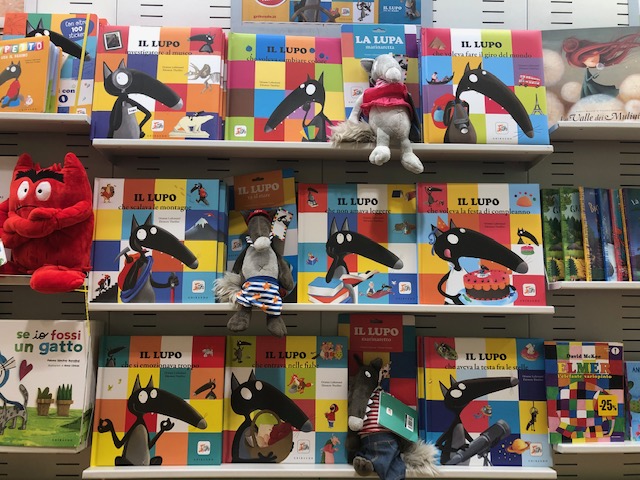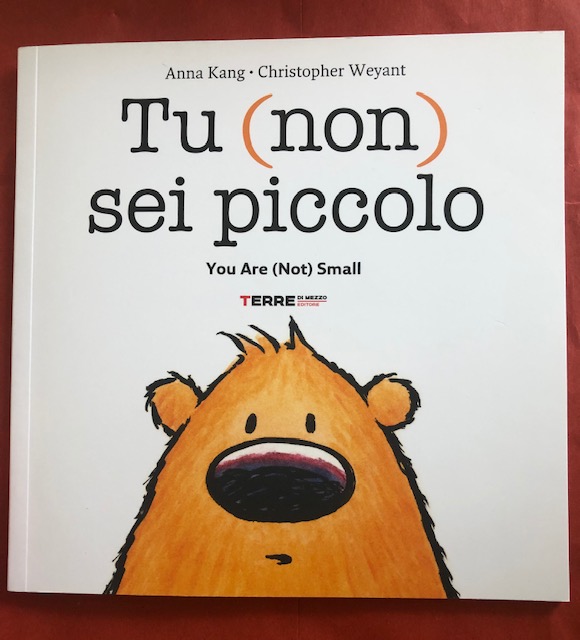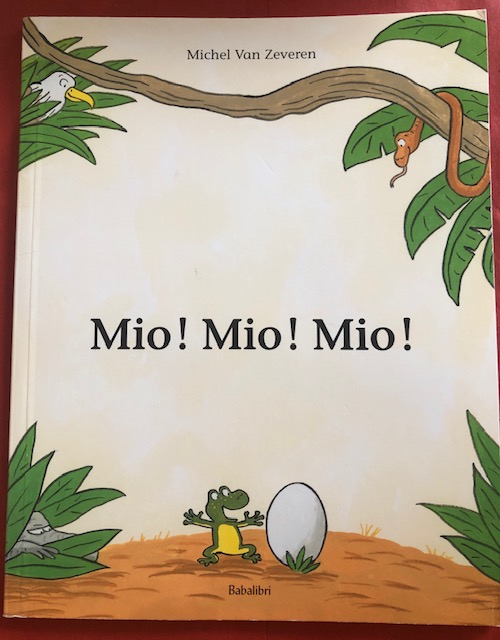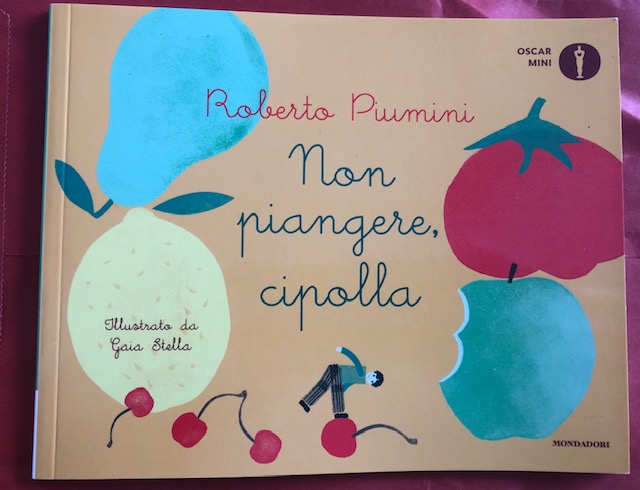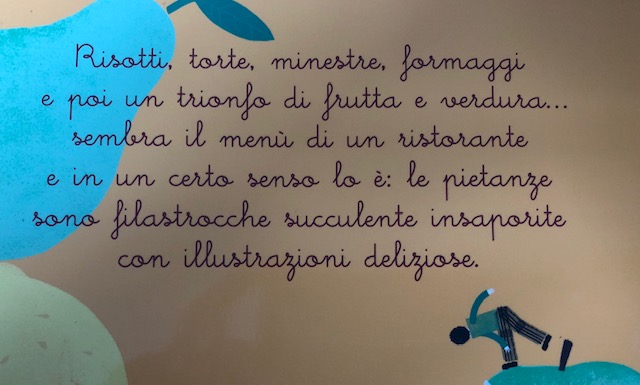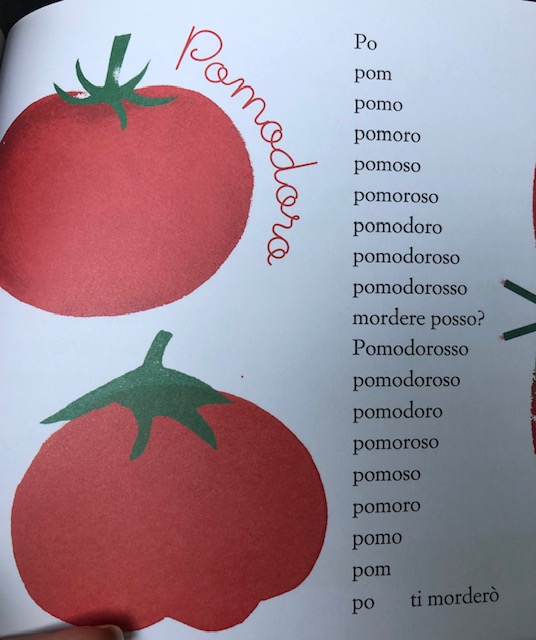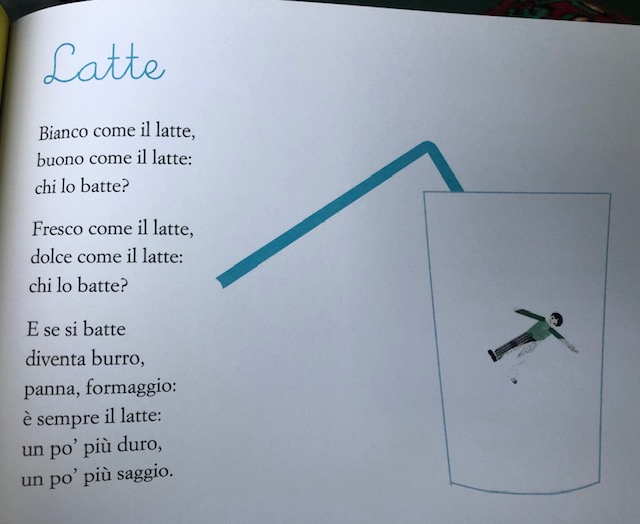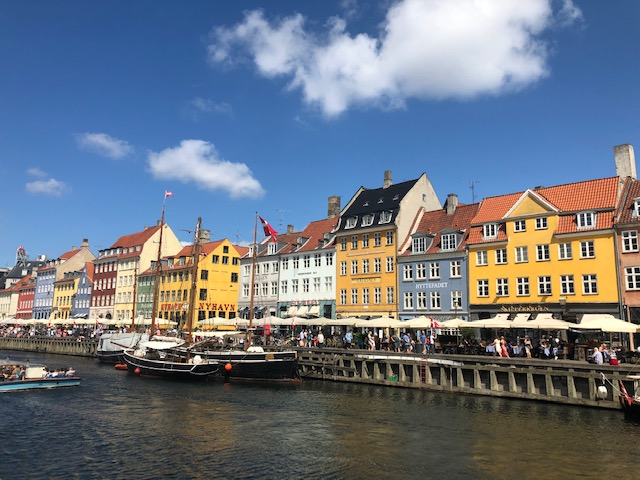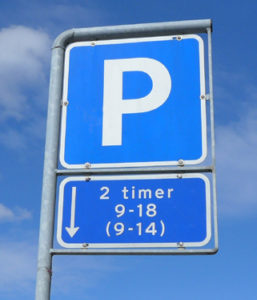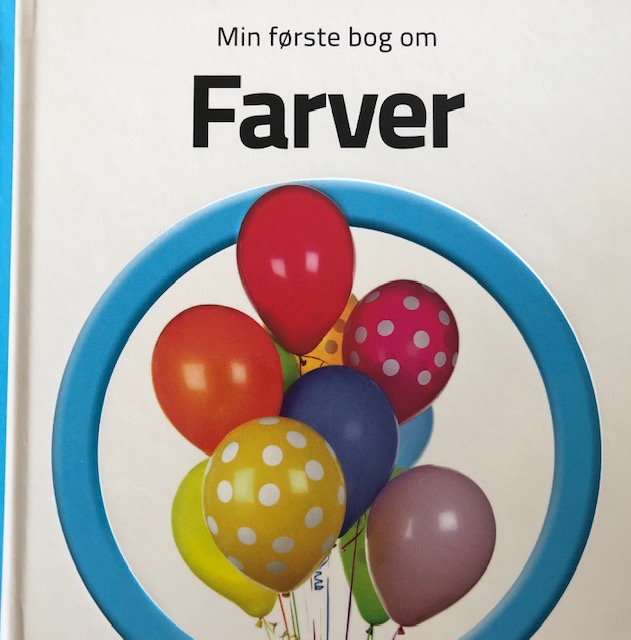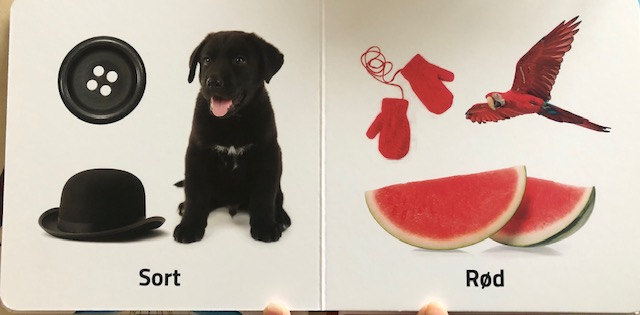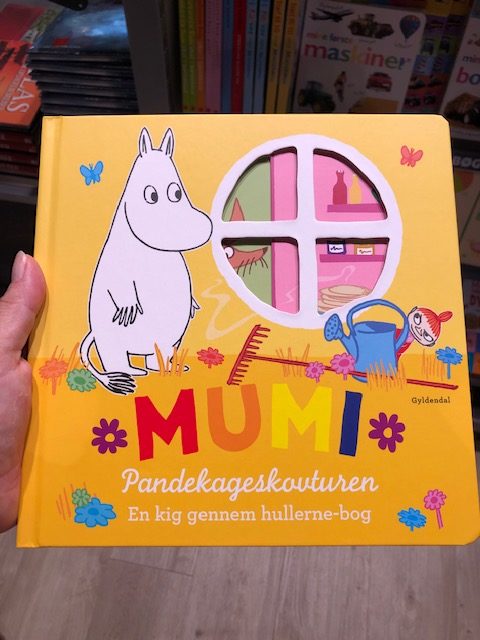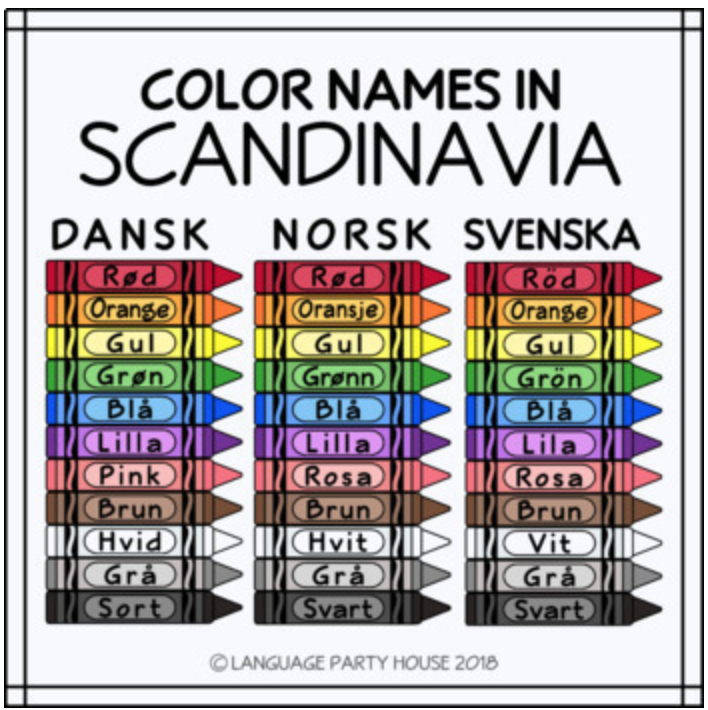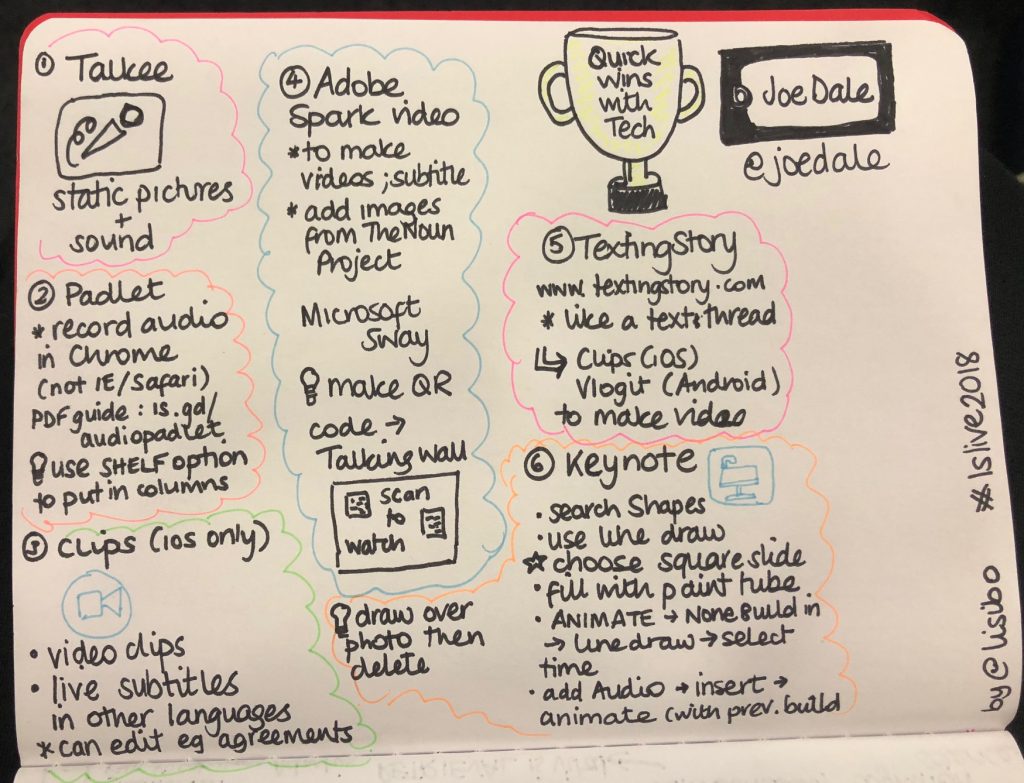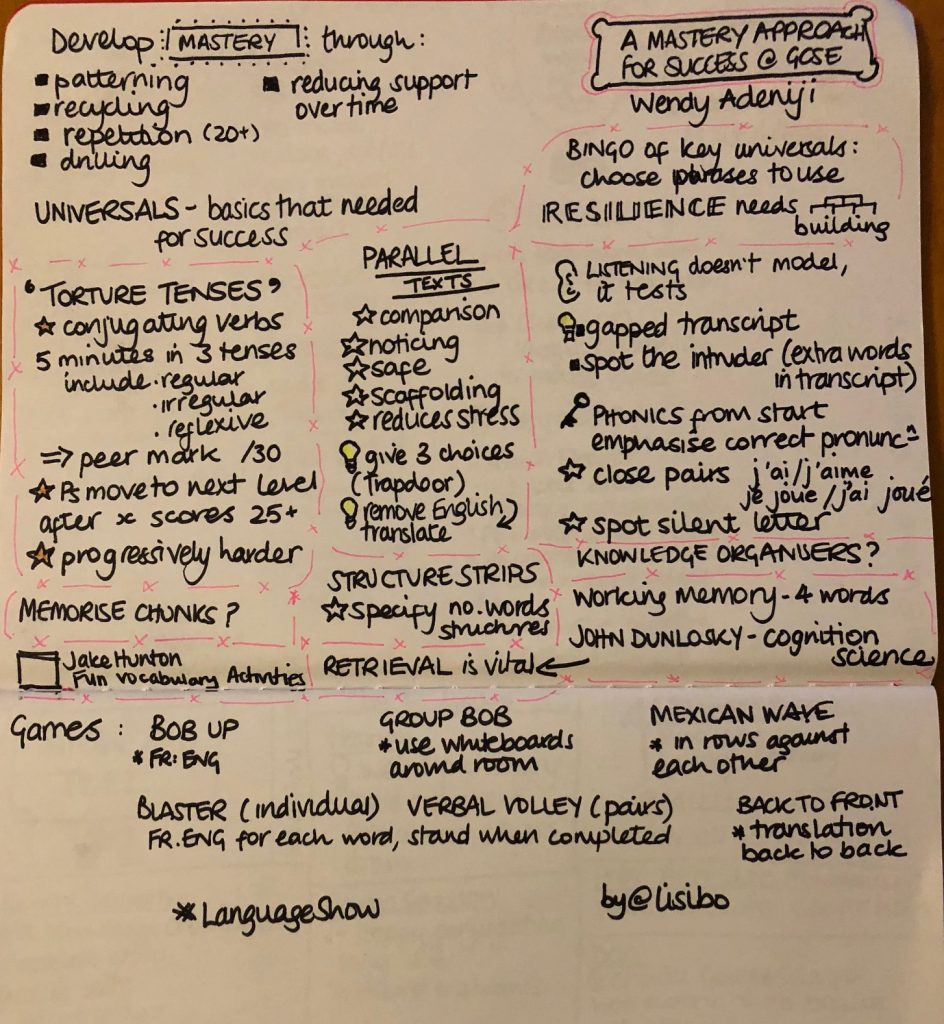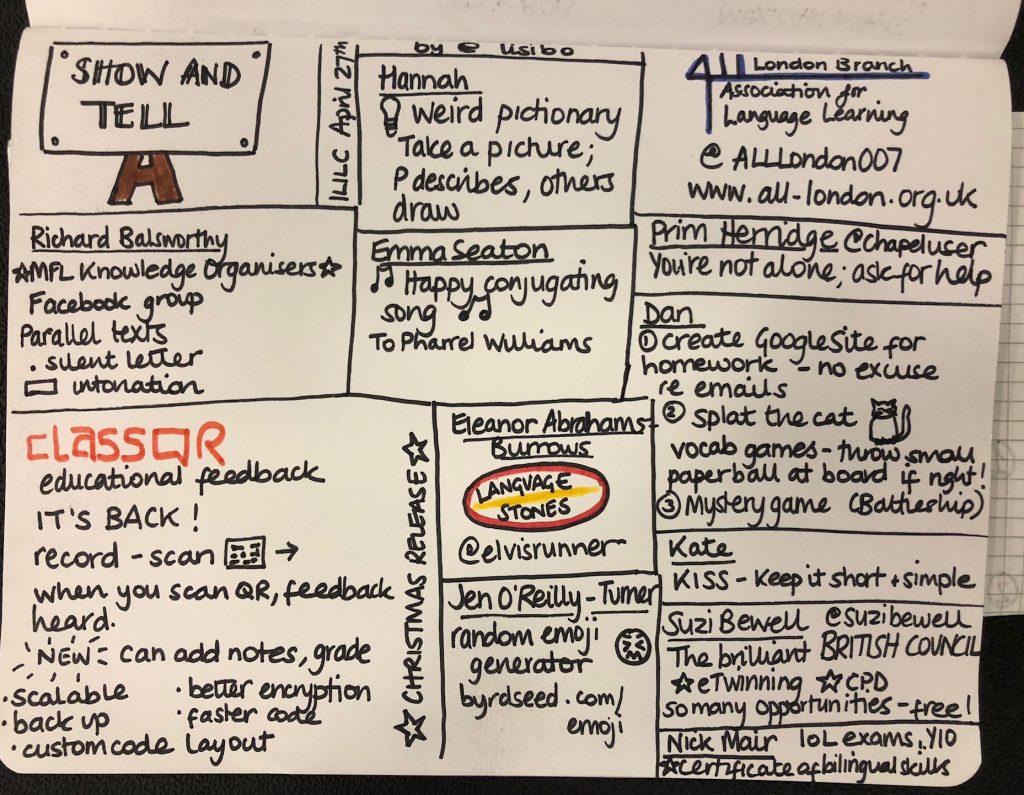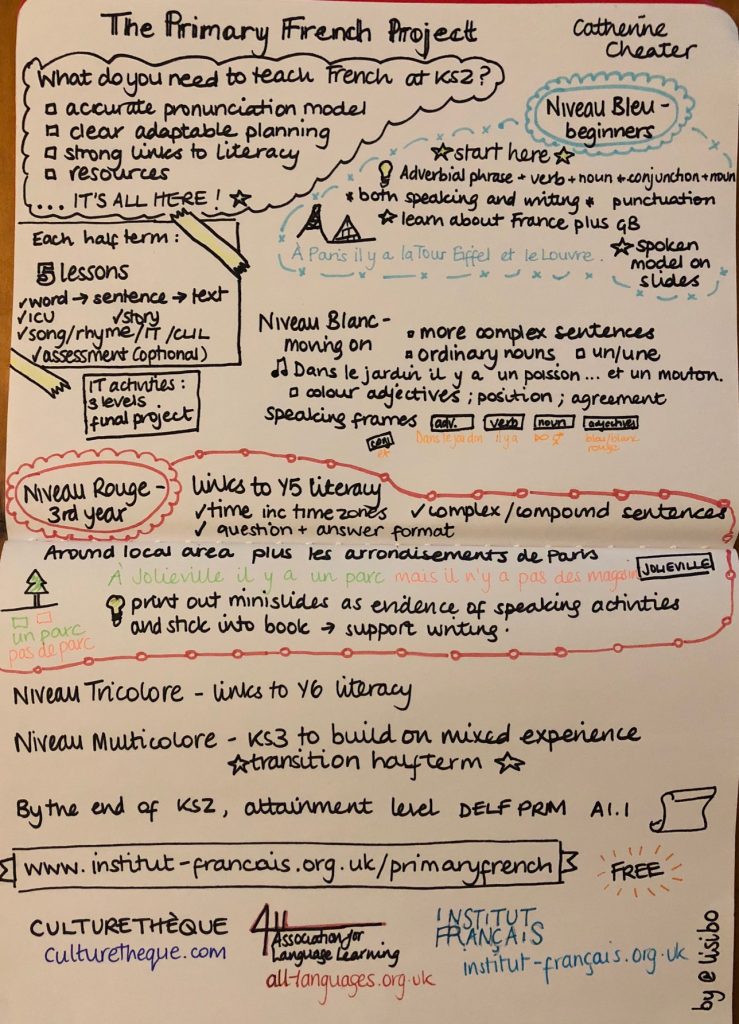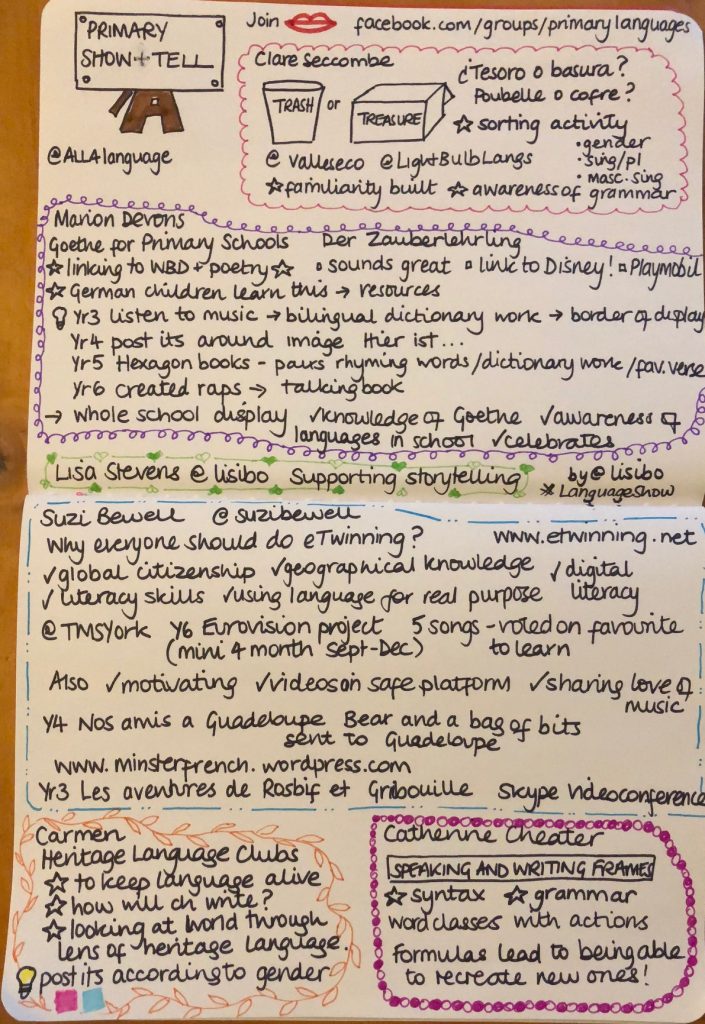At the end of May I wrote about the #30DaysWildMultilingual challenge run by Multilingualism in Schools, and I thought I should ‘report back’ as promised!
Each day of June there was a simple challenge linking languages and the natural world that could be completed by children (and adults!) of all ages. They included finding the names for flowers in other languages, counting hops, litter picking and eating outside. Some were even be linked to our topics (likes and dislikes, weather and colours)
Throughout June I posted the challenge each morning on Twitter and encouraged the school community to join in, posting my own ‘entry’ each day later on along with any that had been sent in. Some days another member of staff joined in, some days the activity was reflected in the forest school activity completed by the youngest children and some days families sent photos via Twitter or interacted with the post linguistically rather than graphically.
A couple of times I had the ‘luxury’ of unexpected time with classes which meant that we were able to work collaboratively on one of the challenges. Y5 used the website In Different Languages to complete butterfly or caterpillar multilingual art.
Y6 completed the task later in the month so chose one of the prompts and used GoogleTranslate as well as the above website to complete their artwork.
All the interactions were collated on a Padlet. You can see that we were very busy! There’s a column per three days plus a few extras. It’s great to look back on. I’ve just had another look and I’m inspired to find new ways to complete similar activities in the new academic year.
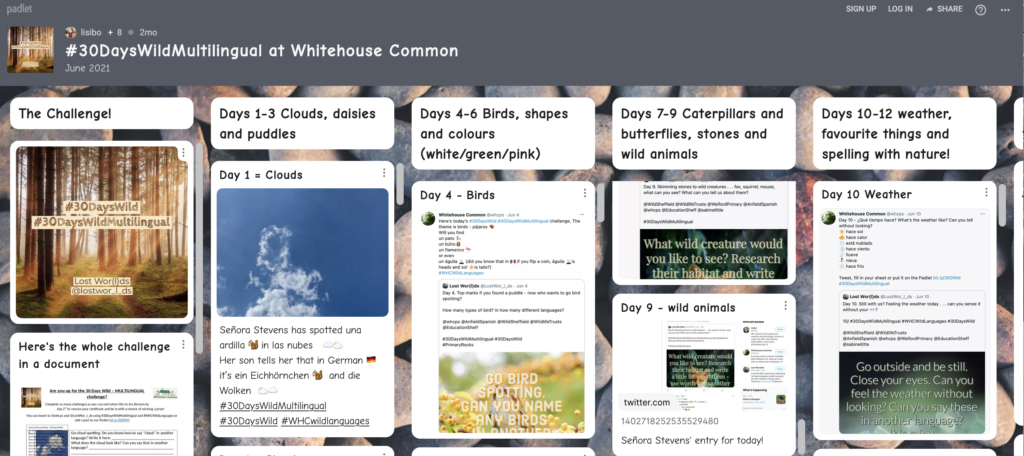
Since the challenge was officially over, there have been a few more interactions on Twitter with participants; it seems I’m not the only one who is fascinated by languages and the ways they interact!
I’m looking forward to future collaborations with Multilingualism in Schools linking languages with other areas of the curriculum and our lives. I’m definitely planning to use the Language Portraits activity as well as the 10 minute language posters, and I’m excited about the prospect of a new project linked to COP26 in November.
